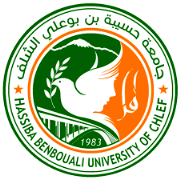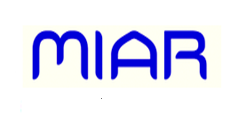A Study of Multimodal Communicative Acts in Selected Nollywood Film Advertisement Posters
DOI:
https://doi.org/10.70204/jlt.v4i2.351Keywords:
Advertisement;, film posters, intention, multimodal communicative acts, NollywoodAbstract
Movie posters employ multiple modes of communication in their display to communicate with the audience. Identifying the modes and the meanings realised through them as projected in most scholarly works on film posters are not sufficient in interpreting the intentional goals of the image designers or advertisers. It is against this backdrop that this article articulates the pragmatic functions of Nollywood film posters’ advertising language as a form of language in action and intention in the situational context of users. Eight (8) Nollywood film advertisement posters which were purposively selected were analysed using insights from van Leeuwen’s (2005) theory of multimodal communicative acts and Bach and Harnish’s (1979) speech acts theory. The findings from the analysis reveal that communicative acts of informing, stating, expressing, describing and asserting are frequently demonstrated via visual and verbal modes in the advertisement posters. The less employed multimodal communicative acts are questioning and ordering. These multimodal communicative acts utilised demonstrate the persuasive illocutionary and communicative intentions of Nollywood film advertisers which is primarily aimed at enhancing viewing patronage. The article concludes that the adaptability of Nollywood advertisement posters to the context and situation of users is considered pertinent to the appropriate interpretation of meanings realised from the complex modes of communication employed in them.
Downloads
Published
Versions
- 2024-08-22 (3)
- 2024-08-22 (2)
- 2024-07-05 (1)













